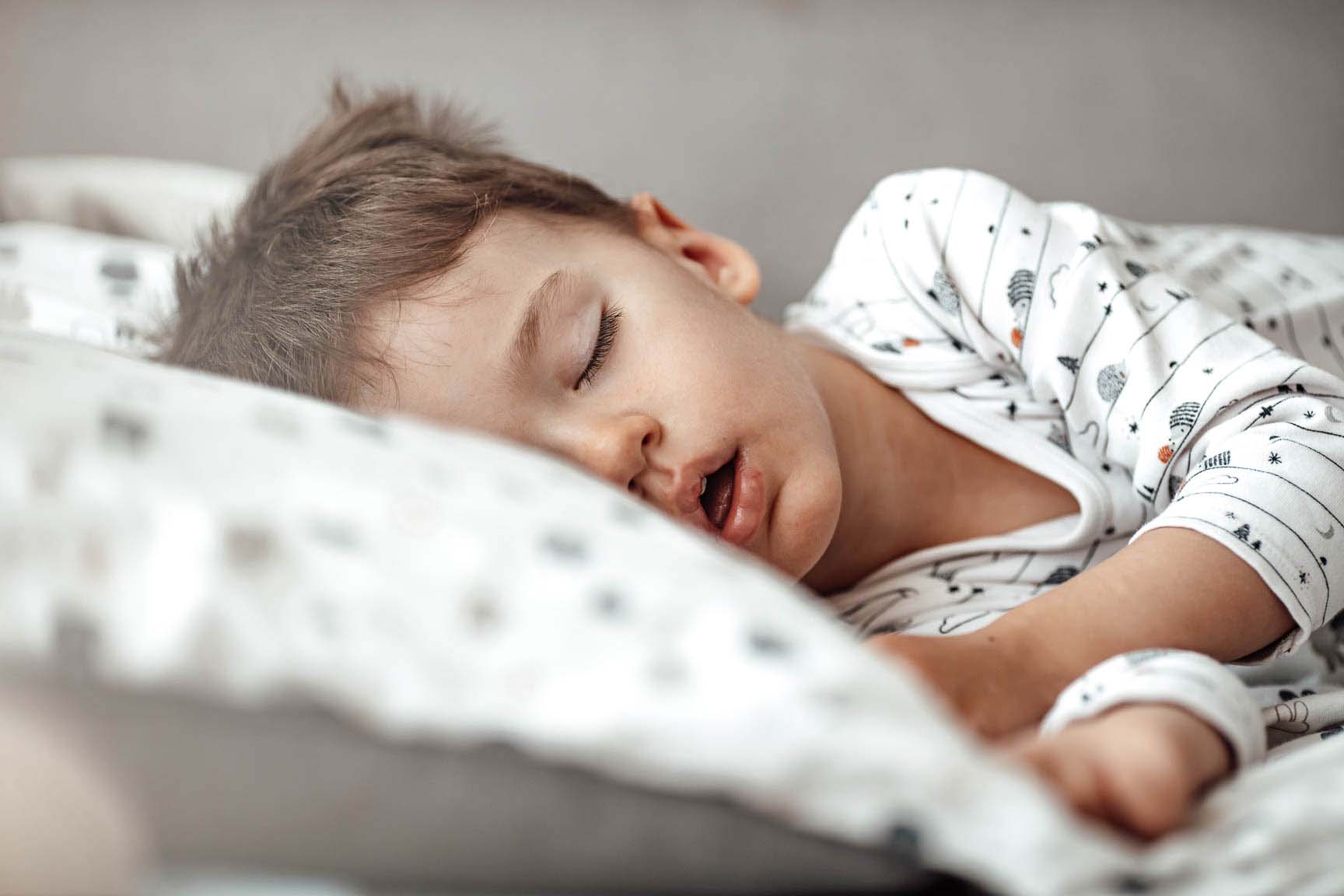Menu

While every child may breathe through their mouth one-in-a-while, such as when they have a stuffy nose or a cold, mouth breathing should not be a regular feature of your child’s breathing. Children should be breathing mostly through their noses, and a child’s breathing should not be noisy. Crooked teeth, crowded teeth, or mouth breathing can cause underdevelopment of the mouth and jaw when your child’s nasal and upper airway is constricted.
With adults you can treat it, but with kids you can cure it.
Sleep Disordered Breathing is not a specifically defined condition. Rather, it is the term given to the general upper airway dysfunction that occurs during sleep that is characterized by snoring and/or increased breathing effort that is the result of increased resistance in the upper airway and pharyngeal collapsibility.
Put another way, Sleep Disordered Breathing refers to the nighttime snoring and often heavy breathing that we see in children that is caused by pressure on their airway during sleep and an irregular shape of the back of their throat.
Common Sleep Disordered Breathing Symptoms Include:
Problems with the airway, mouth or jaws that interfere with oxygen delivery are the cause of the problem.
The fundamental problem with Sleep Disordered breathing is that the resulting decrease in oxygen flow at night can lead to problems during the daytime such as drowsiness, inability to focus in school, irritability and mood disorders. Think about how you would feel the next day at work if you woke up every 10 minutes during the night – you’d be exhausted and likely unable to function. In fact, children who have previously been misdiagnosed as having ADD/ADHD were actually suffering from Sleep Disordered Breathing. Children with SDB also may produce lower amounts of necessary growth hormone which can lead to a slow-down of growth and development. Learn more about your child’s airway.